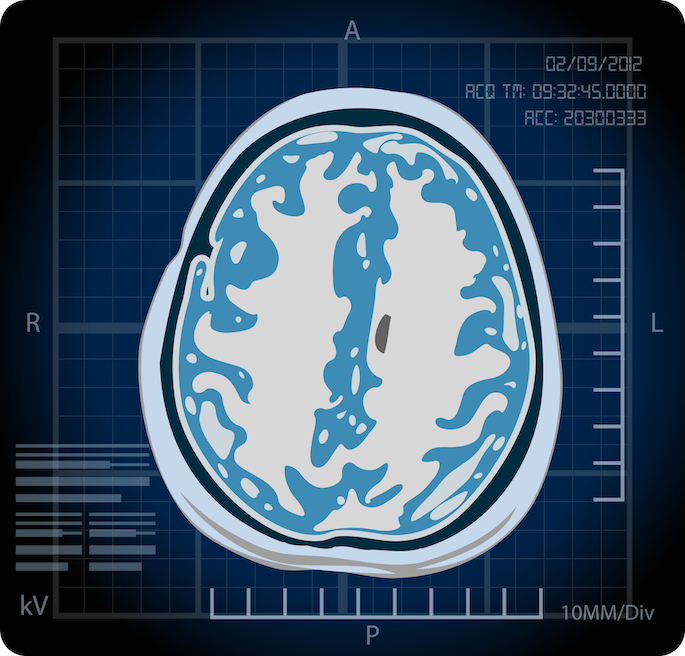Katherine Gifford, Psy.D., is testing simple questions to see which ones yield the most reliable results as she develops a questionnaire for primary care providers to quickly identify patients at risk for cognitive decline.

In 2011, Medicare officials directed doctors to assess memory loss during annual wellness visits, but no streamlined protocol has been developed. A study Gifford led in 2012, published recently in Alzheimer’s & Dementia, started out with 57 questions that were narrowed down to nine reliable questions for patients to self-report cognitive decline. Participants for this study were recruited from the Boston University Alzheimer’s Disease Center Registry.
Gifford, a clinical neuropsychologist, is now repeating that study on a larger scale at the Vanderbilt Memory and Alzheimer’s Center.
“We want to validate that questionnaire,” Gifford said.
With the replication study at Vanderbilt, she’s beginning with 200 questions and shrinking those down to 25. Ultimately, the goal is to identify 10 or fewer questions for doctors to ask during wellness checkups.
“The study we did at Boston University was a pilot study because we had only about 191 individuals,” Gifford said.
The Vanderbilt Memory and Alzheimer’s Center Research Registry, which has about 4,000 individuals in the community who have expressed an interest in memory loss research, offered the opportunity to replicate the study on a wider scale. About 1,400 individuals have completed Gifford’s questionnaire at Vanderbilt.
Although the questions are simple — the type that elicit a yes or no response or have multiple-choice answers — the item selection process is more complex, using item response theory and computerized adaptive test modeling. The next step of Gifford’s research includes a component that relies on medical diagnostic tests.
“We are going to take those questions and validate them, or relate them, to more known markers of the pathology of Alzheimer’s disease — changes in the brain using brain MRI, cerebral spinal fluid markers, amyloid or tau, cognitive performance, to see how they actually do on memory tests,” she said. “Then we watch the participants over time to see if their responses correspond to future changes in cognition.”
Gifford’s research is supported by a Paul B. Beeson Career Development Award in Aging and the Alzheimer’s Association.
Once a reliable questionnaire is established for patients to self-report cognitive decline, another one can be developed for their family members.
“That is really an important piece,” Gifford said. “We started with the self report because about 65 percent of people show up to Medicare wellness checks alone. We want to get that tool in place first.”
Tools to identify people at risk for cognitive decline will allow primary care providers to refer them for evaluations, she said, giving their patients the opportunity to start taking memory loss medications sooner, make lifestyle changes and better plan for their future needs.















